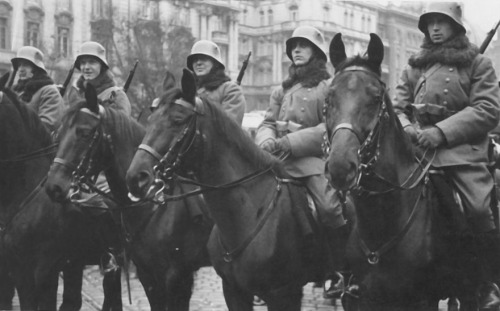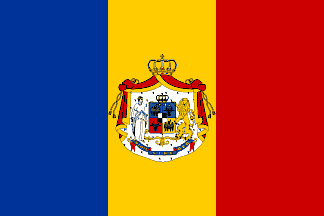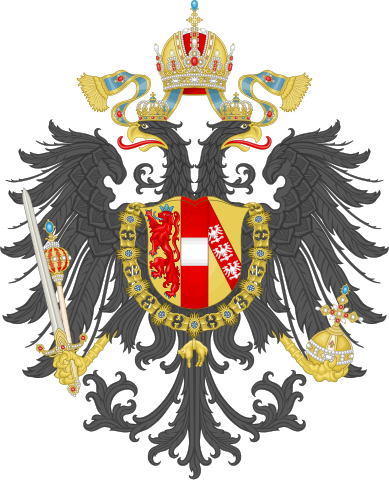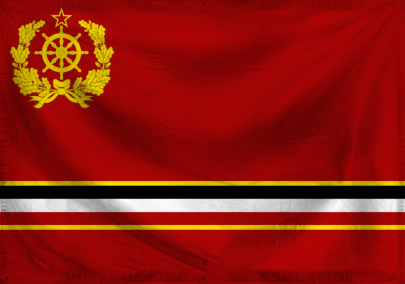
The Great War
Chapter One: The Guns of August
"So Abram rose, and clave the wood, and went,
And took the fire with him, and a knife.
And as they sojourned both of them together,
Isaac the first-born spake and said, My Father,
Behold the preparations, fire and iron,
But where the lamb for this burnt-offering?
Then Abram bound the youth with belts and straps,
and builded parapets and trenches there,
And stretchèd forth the knife to slay his son.
When lo! an angel called him out of heaven,
Saying, Lay not thy hand upon the lad,
Neither do anything to him. Behold,
A ram, caught in a thicket by its horns;
Offer the Ram of Pride instead of him.
But the old man would not so, but slew his son,
And half the seed of Europe, one by one."
- The Parable of the Old Man and the Young, by Wilfred Owen
Primary Political Map
Primary Military Map
Far East Political Map
Far East Military Map
OOC Thread
It is currently September, 1914
The pieces have been set, plans have been laid. Troops have begun to move into their positions, and soon the fire and slaughter shall begin. The powder-keg of Europe has at last blown, and nothing can now quench the fires of war. The Grim Reaper now stalks Europe, from the mountains of Carpathia to the fields of Lorraine. These are the Guns of August, and it is here that an entire generation's innocence has come to die.
















